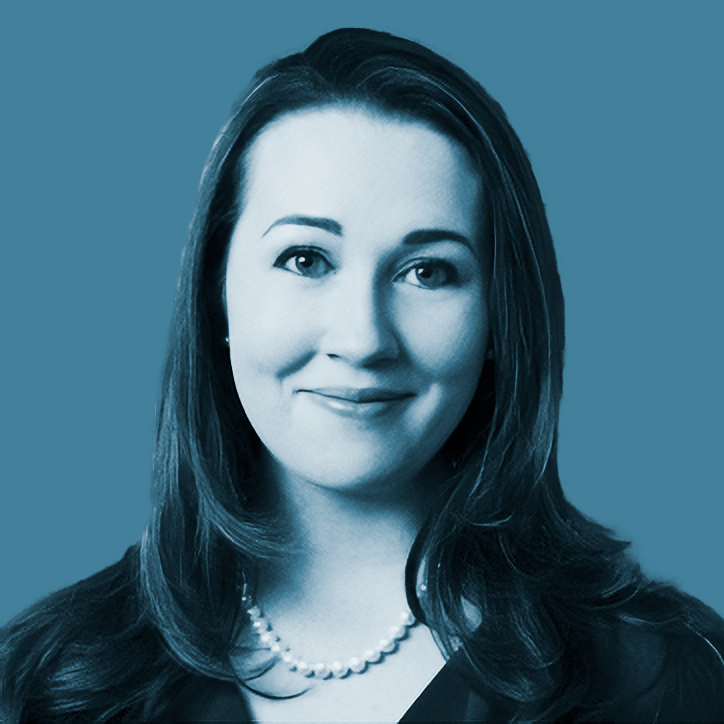Key Terms
- Vermont nurse mortgages are designed specifically for healthcare professionals, offering advantages like no or low down payments and the absence of PMI, which helps reduce monthly expenses.
- These programs facilitate easier qualification processes that cater to the unique financial and employment situations of nurses, such as irregular or multiple job schedules.
- While providing significant benefits, potential drawbacks include limited availability and the possibility of unexpected fees, necessitating thorough research and financial planning for prospective nurse homebuyers in Vermont.
Renowned for its stunning landscapes, including the Green Mountains, lush forests, and picturesque countryside, Vermont has opportunities for residents to enjoy outdoor activities as diverse as skiing and snowboarding to hiking, fishing, and even leaf-sighting throughout the year. If you enjoy the city life, Burlington — with its range of restaurants, live music venues, and bars — is equally ideal. The quality of life throughout the state is unrivaled, making it a haven for those who love the outdoors, small town living, or bustling cities.
Known locally as the Green Mountain State, Vermont is home to a number of medical professionals, including nurses. In fact, data from the Bureau of Labor Statistics tells us that some 8,030 nurses call Vermont home. That includes some 720 nurse practitioners and 7,260 registered nurses, respectively.
Unfortunately, for nurses working in Vermont, finding a home to buy is not always easy. According to the FED, the median listing price of a single family home in Vermont is around $489,000, making a new home cost prohibitive for many of the state’s working nurses.
The good news is nurse mortgages are there to help. Created specifically for health providers, these programs give Vermont residents a more affordable way to own a home.
The pros and cons of a Vermont nurse mortgage
When you are making a decision as big as buying a home, you need to carefully consider the upsides and downsides of choosing a specific financial product. What are some of the pros of picking a nurse mortgage?
- Friendlier eligibility requirements. Employment requirements and income thresholds of traditional loans often hold nurses back. However, qualifying for a nurse mortgage tends to be easier, including when nurses have multiple jobs or “unstable” employment (e.g. traveling nurses.)
- No private mortgage insurance (PMI). Nurses enjoy lower monthly payments thanks to the absence of a significant loan expense: private mortgage insurance (PMI). Traditional loans often require PMI when a down payment is less than 20%, whereas nurse mortgages often omit this requirement entirely.
- Documentation requirements. Any loan requires documentation of income, assets, and other financial information, but nurse mortgages make documentation easier on atypical employment scenarios, such as overtime pay or income from multiple jobs.
- Special perks. Nurse mortgages often come with specialized offerings designed to meet the unique needs of nurses, including Vermont’s 720 nurse practitioners and 7,260 certified registered nurse anesthetists, such as relocation assistance for traveling nurses or loan forgiveness programs for nurses working in underserved areas.
And the cons? Keep an eye out for any unexpected fees. These programs may be difficult to find — or, at least, they are not as common as traditional mortgages.
To help you out, we’ve compiled a list of your best Vermont options below.
Is a Vermont nurse mortgage right for you?
Whether you should take out a nurse mortgage in Vermont will depend on various factors, including your financial situation, homeownership goals, and the specific terms of available from nurse mortgage programs.
To determine if a nurse mortgage is right for you, follow these steps:
- Evaluate your financial situation. Assess your income, savings, debt, and credit score to understand your financial readiness for homeownership. Consider factors like your monthly budget, emergency savings, and capability to afford a down payment and closing costs.
- Research nurse mortgage programs. Explore the nurse mortgage programs available in Vermont and compare their features, eligibility criteria, interest rates, and terms. Look for programs that have benefits like lower down payment requirements, assistance with closing costs, and competitive interest rates.
- Consider your homeownership goals. Determine your priorities and goals for homeownership, such as the type of property you want to buy, your desired location, and your long-term plans. Consider whether a nurse mortgage aligns with these goals and offers the flexibility and affordability you need.
- Seek input from others. Discuss your options with colleagues who have experience with homeownership or nurse mortgage programs. Their insights and advice will provide valuable perspective as you weigh your choices.
How to improve your chances of qualifying for a home loan
Although nurse loans have more relaxed eligibility criteria, it’s still important for borrowers to do everything they can to receive the best terms. A perk of living in the state of Vermont is you can take advantage of the Vermont Educational Loan Repayment Program for Health Care Professionals. The program helps nurses pay off their student loans to address the shortage of certain health professionals in Vermont, including advanced practice registered nurses and physician assistants.
The program is funded by the Department of Health and administered by the University of Vermont Larner College of Medicine Office of Primary Care and Area Health Education Centers (AHEC) Program. Start the application process to find out if you could reduce your student loan balance before you become a homebuyer to gain better terms on your mortgage loan.
Taking out a nurse mortgage in Vermont: a case study
A full-time nurse, Rashad had always pictured himself living in a cozy cabin surrounded by lush forests, where he could unwind after long shifts at the hospital and reconnect with nature. However, the prospect of navigating the complex world of mortgages had always been daunting to Rashad. Plus, he wasn’t sure how much leverage he would have in the Vermont housing market.
One day, while scrolling through his social media feed, Rashad stumbled upon an article about nurse mortgages. Intrigued by the possibility of securing a mortgage tailored for health care professionals like him, Rashad did a deep dive on the topic. He was happy to learn that nurse mortgages offered special benefits (such as lower down payment requirements and assistance with closing costs) and were designed to make homeownership more accessible to nurses like him.
Excited by the prospect of owning his own home in Vermont, Rashad decided to explore his options further. He reached out to a local mortgage lender who specialized in nurse mortgage programs and scheduled a consultation to discuss his goals.
Encouraged by the support and guidance of the mortgage lender, Rashad took the leap and applied for a nurse mortgage. Despite some initial nerves, Rashad received approval for his application and soon found himself the proud owner of a charming cabin in the heart of Vermont.
Looking for a nurse mortgage in a different state?
If you’re looking to explore the best nurse mortgage in other states, click on your state below.











